The Life Course Centre has a strong outcomes focus that extends beyond academic outputs to active engagement with a range of stakeholders. We are committed to close collaboration, clear communication and accessible research translation with partners, practitioners and policymakers to make a difference to people living in disadvantage. This activity has achieved a high level of demonstrated impact, from informing policy debate and development to engaging communities to trial and evaluate evidence-based social interventions. Find out more in our Impact Case Studies below.
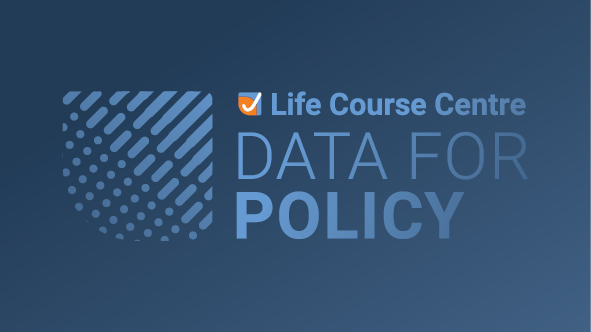
Data for Policy
The Life Course Centre has played a leading role in shaping administrative data access in Australia through our ongoing Data for Policy initiative. Our focus on leveraging administrative data for…

Equitable Electrification and Transitions Away from Gas
To meet emissions reductions targets, governments across the world are considering when and how to move away from gas to non-fossil fuel energy sources, including in Victoria, Australia (see Victoria’s…
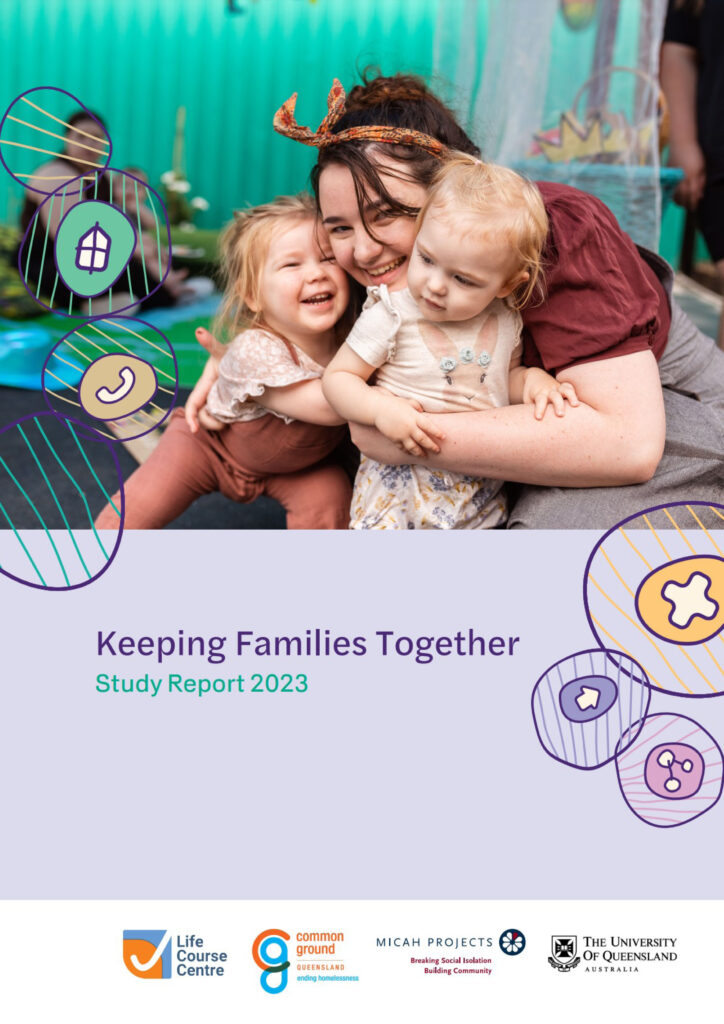
Keeping Families Together program evaluation
Keeping Families Together is funded by the Queensland Government and delivered by Micah Projects and Common Ground Queensland. The innovative program provides secure housing and multidisciplinary support for 20 extremely…
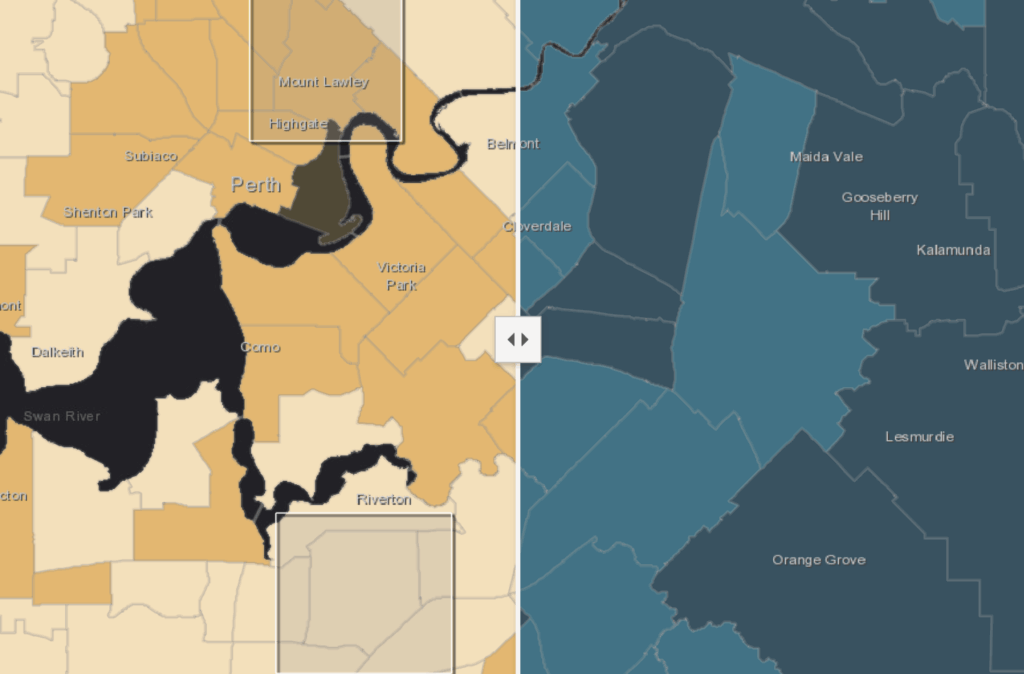
Urban Density, Equity and Access
As Australian cities grow and change, challenges linked to rapid urbanisation are becoming more evident, particularly the need to ensure equitable access to services. To respond to the increasing challenge,…
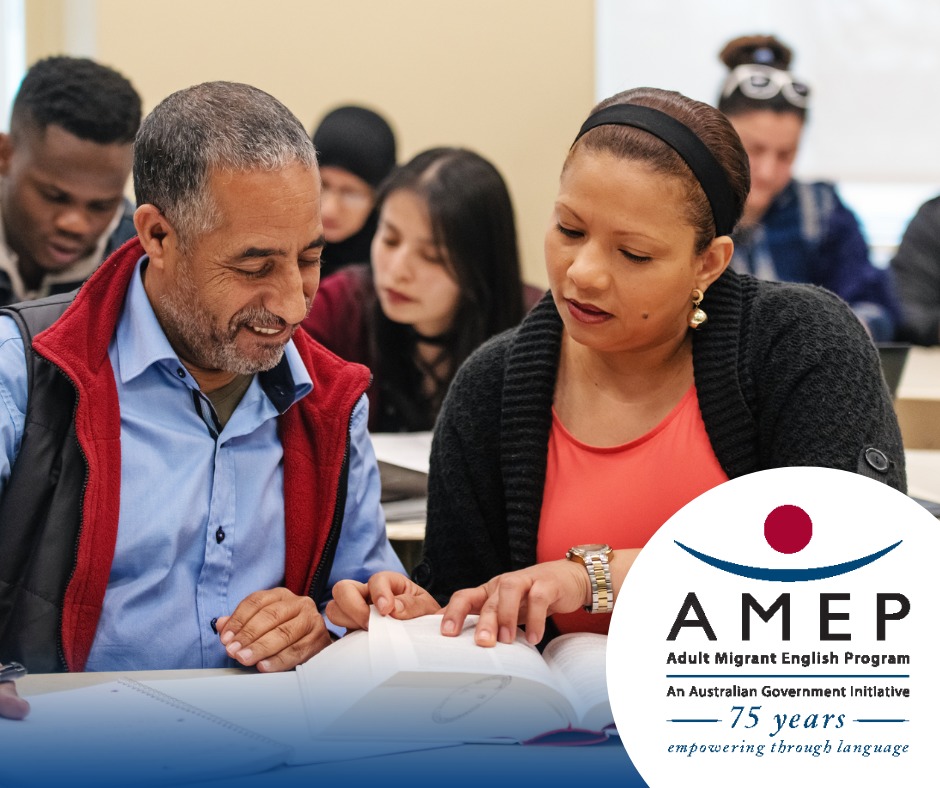
Adult Migrant English Program evaluation
The Department of Home Affairs and the The Kids Research Institute Australia have completed a longitudinal research study, supported by the Life Course Centre, analysing the effectiveness of the Adult Migrant English Program (AMEP).
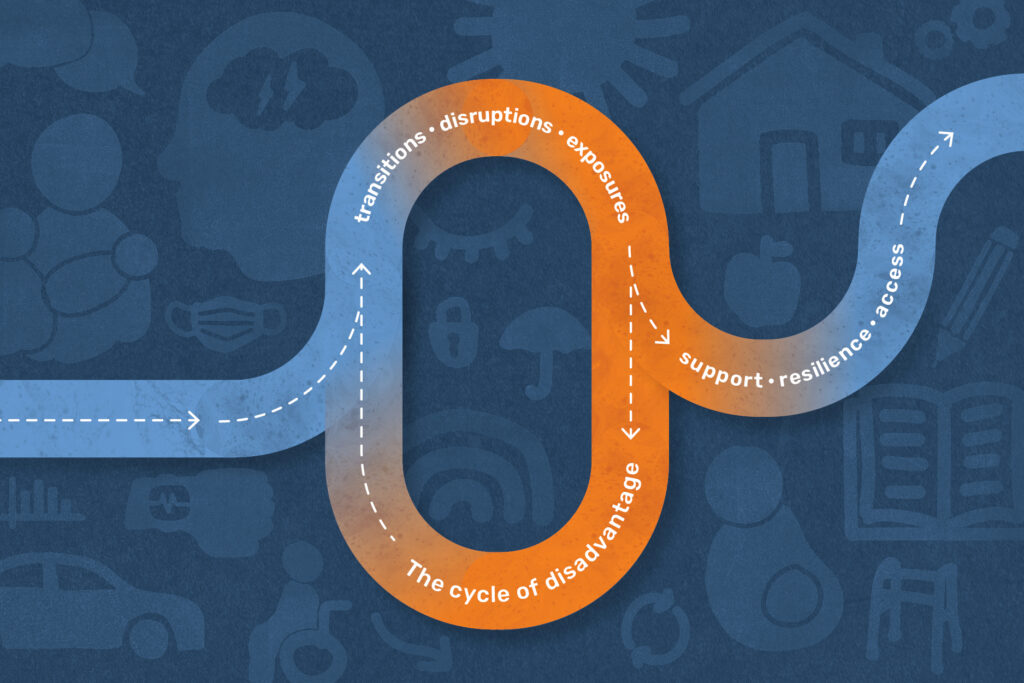
Australian Government Life Course Data Initiative
The Life Course Centre welcomes the Australian Government’s commitment in the 2023-24 Budget to deliver $199.8 million of new investment to target entrenched community disadvantage.

Social Isolation & Loneliness
In May 2021, the Queensland Government’s Community Support and Services Committee launched an inquiry into social isolation and loneliness in Queensland. The Life Course Centre, in conjunction with the Institute for Social Science Research at UQ, provided a detailed submission to the inquiry that highlighted relevant Centre research as well as national and international best practice examples of mitigating social isolation and loneliness.
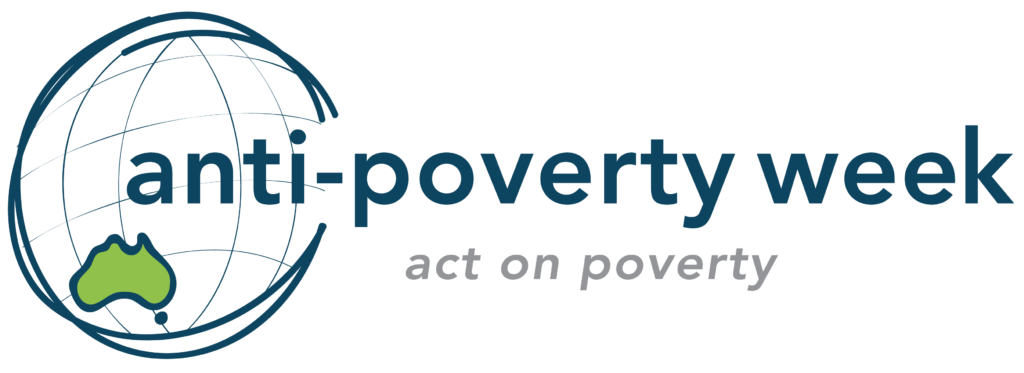
Women, Violence & Poverty
The Life Course Centre worked closely with our partners at Anti-Poverty Week in 2021 to shine a light on the associations between an experience of violence and subsequent financial hardship for Australian women. We undertook special research analyses to provide a deeper understanding of the links between women, violence and poverty, and bring attention to the structural inequalities that perpetuate gendered disadvantage and heighten the risks of violence for women in Australia.
Ability School Engagement Program (ASEP)
The Ability School Engagement Program (ASEP) is an innovative program that brings together communities, schools and police to tackle the problem of school truancy. ASEP was conceived as a proof-of-concept test by Professor Lorraine Mazerolle, and funded through her ARC Laureate Fellowship awarded in 2010.
Every Family: Australian Triple P System Population Trial
The Every Family: Australian Triple P System Population Trial is a flagship project of the Life Course Centre which examines the effects of positive parenting support on community disadvantage by targeting some of the most vulnerable families in Australia. This project is investigating the population-level effectiveness of the Triple P – Positive Parenting Program, founded by Life Course Centre Chief Investigator Professor Matthew Sanders, in 32 highly disadvantaged communities in South East Queensland.
Productivity Commission Inequality Report 2018
Life Course Centre research was prominently featured in the Productivity Commission’s 2018 report on the state of inequality in Australia. The report cites work from a range of Centre Chief Investigators, Partner Investigators, Research Fellows and Affiliates, highlighting the power of our research to inform such an important discussion on inequality and its social impacts.
Welfare Inquiry 2018-2019
The Life Course Centre was heavily involved across all stages of the Australian Government Inquiry into Intergenerational Welfare Dependence in 2018-2019. We made a fully-coordinated, Centre-wide submission to the inquiry, we were invited to appear before the inquiry’s hearings, and we had our research extensively cited throughout the final report.